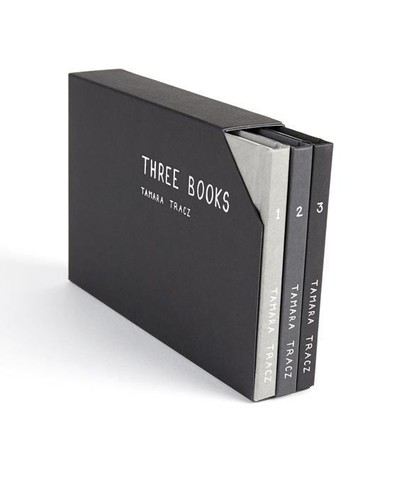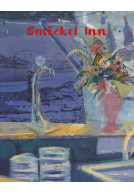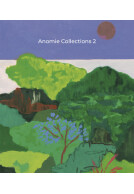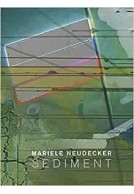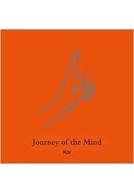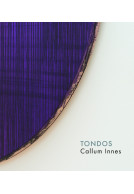Tamara Tracz – Three Books (Hardback)
Imprint: Anomie Publishing
Pages: 216
Illustrations: Approx. 15 b/w and colour
ISBN: 9781910221044
Published: 18th June 2015
Pages: 216
Illustrations: Approx. 15 b/w and colour
ISBN: 9781910221044
Published: 18th June 2015
You'll be £35.00 closer to your next £10.00 credit when you purchase Tamara Tracz – Three Books. What's this?
+£4.99 UK Delivery or free UK delivery if order is over £40
(click here for international delivery rates)
Order within the next 9 hours, 33 minutes to get your order processed the next working day!
Need a currency converter? Check XE.com for live rates
(click here for international delivery rates)
Order within the next 9 hours, 33 minutes to get your order processed the next working day!
Need a currency converter? Check XE.com for live rates
‘Three Books’ by Tamara Tracz is a very special three-hardback-volume slipcased book. It is, first and foremost, a story that follows several generations of a family as their lives unfold in various cities, countries and continents during the course of the twentieth century. It is a story with a cast of characters, some strong, some exceptional, some familiar, some curious. It is a story of births and deaths, of lives led and of the forces that shape them.The family in ‘Three Books’ is a Jewish Family, and their story is one of emigration and persecution that was, almost inescapably, profoundly affected by the Holocaust. It is a story that is shared with the stories of many countless thousands of other families – of taking flight from the Nazi regime, of German forces arriving in towns and villages and searching out the Jewish inhabitants, of summary executions and mass graves. It is a story of branches of the family destroyed, and of the survival of others. It is as distressing, disillusioning and disheartening a story as one might fear to read of the plight of the Jews last century.But ‘Three Books’ is not written in the usual form of family biography, and is not only the story of this family’s history. It is also a story about stories, about the passing on of information between generations, and between different branches of a family over time. It is a story about the impossibility of ever being able to tell a complete or truly objective family history. It is a story of fragments and recollections, of oral histories and letters sent, of trying to piece things together and to fill in gaps. Perhaps just as importantly, it acknowledges the absence of information, or the chances of ever being able to know certain things that transpired, and how this can shape the directions of subsequent generations. The dark, gaping holes of knowledge were often deliberately left unspoken by those who were once in a position to reveal the details.‘Three Books’ is also partly autobiography, as it is Tracz’s own family that is the subject of the story. Indeed, the reader can glean much about the author’s life as Tracz consciously lets us in to her immediate family circle, to their happy family life today. With a particular focus on her young children, Riva and Constantin, Tracz gently shares her inner fears and anxieties about being a mother, of the thought of losing her children. These are the thoughts of almost any mother, especially any mother who has heard the stories of mothers, daughters and sisters in her own family’s past who experienced such separations and losses through oppression and genocide. It is, in many ways, a story of women, of female intergenerational relations, experiences, actions, thoughts and emotions. It is a story about living and loving, of family and the meaning of the things that happen to them, the things that remain and that the things that slip away.But while Tracz is in some respects every woman, every mother and every daughter – and a Jewish woman in particular – she is also, quite inimitably and indubitably, Tamara Tracz. A unique, remarkable and inspiring person, a writer, filmmaker and artist based in London, she does things in ways that perhaps only she can. For every word in this book has been handwritten, and reproduced as she planned, designed and drew it. The text does not, therefore, flow as regular lines and pages, but in all manner of configurations and arrangements, systems and patterns, and in such a way as to enhance the meaning of the text – or rather to emphasise the mind’s reading of the text just as the sound effects or ambient sound might for a film, or the drama and nuances of the voice add when reading a story aloud. As such, ‘Three Books’ is a form of artist’s book, a creative work that sits at the interface of non-fiction and radical typesetting experimentation. Designed in collaboration with Herman Lelie, and beautifully produced in Verona, Italy, ‘Three Books’ is a story, a journey and an experience that is not easily forgotten.
Other titles in Anomie Publishing...







